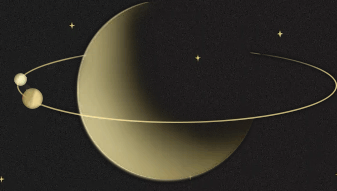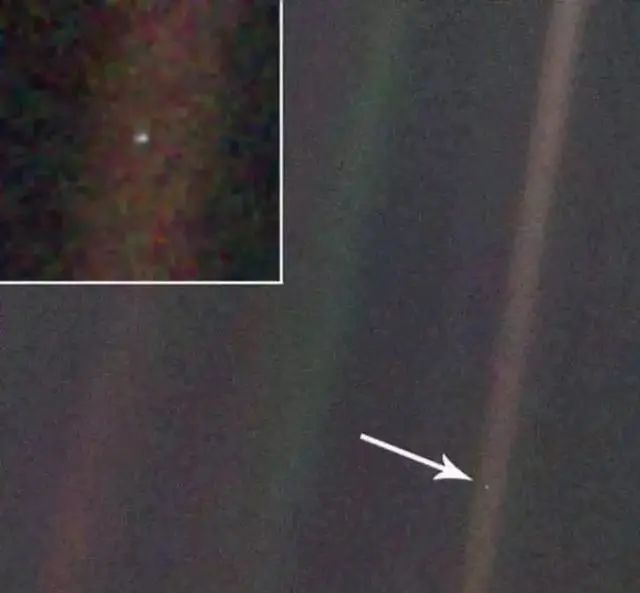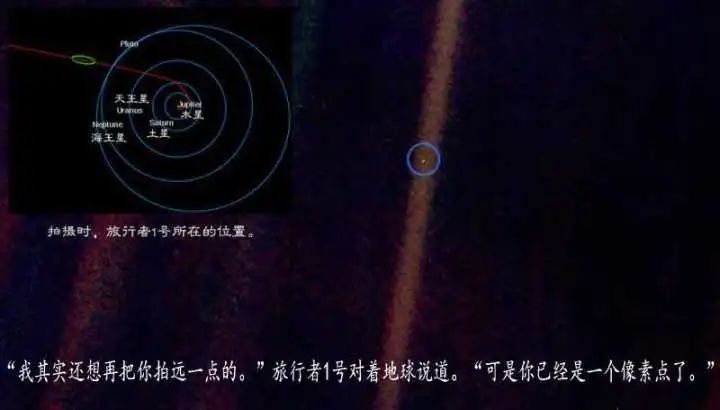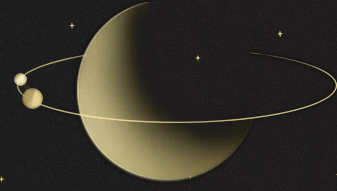
Shanghai
Shanghai
Astronomy
sky
arts
Museum
pavilion
Shanghai Planetarium (Branch of Shanghai Science and Technology Museum) is located on the bank of Dishui Lake in Lingang New Area, Pudong New Area, Shanghai. It was officially opened on July 17, 2021. It is the largest planetarium in the world.

Tour date: September 9, 2021
Tickets are 30 yuan, dome theater 40 yuan
The main exhibition area of Shanghai Planetarium consists of three parts: "Home", "Universe" and "Journey".


There is a starry sky viewing space in the home exhibition area, which is very, very beautiful (there is also a lazy sofa inside, and the starry sky is really romantic! I feel that it would be really great if a couple goes to watch the starry sky together on a date!)
But the fly in the ointment is that there is a warning sound telling you to turn off your mobile phone and not take pictures, which will affect the viewing effect, but there are still people who go their own way and keep their mobile phones on... I hope that next time I go there, I won’t meet anyone who can’t understand Chinese.




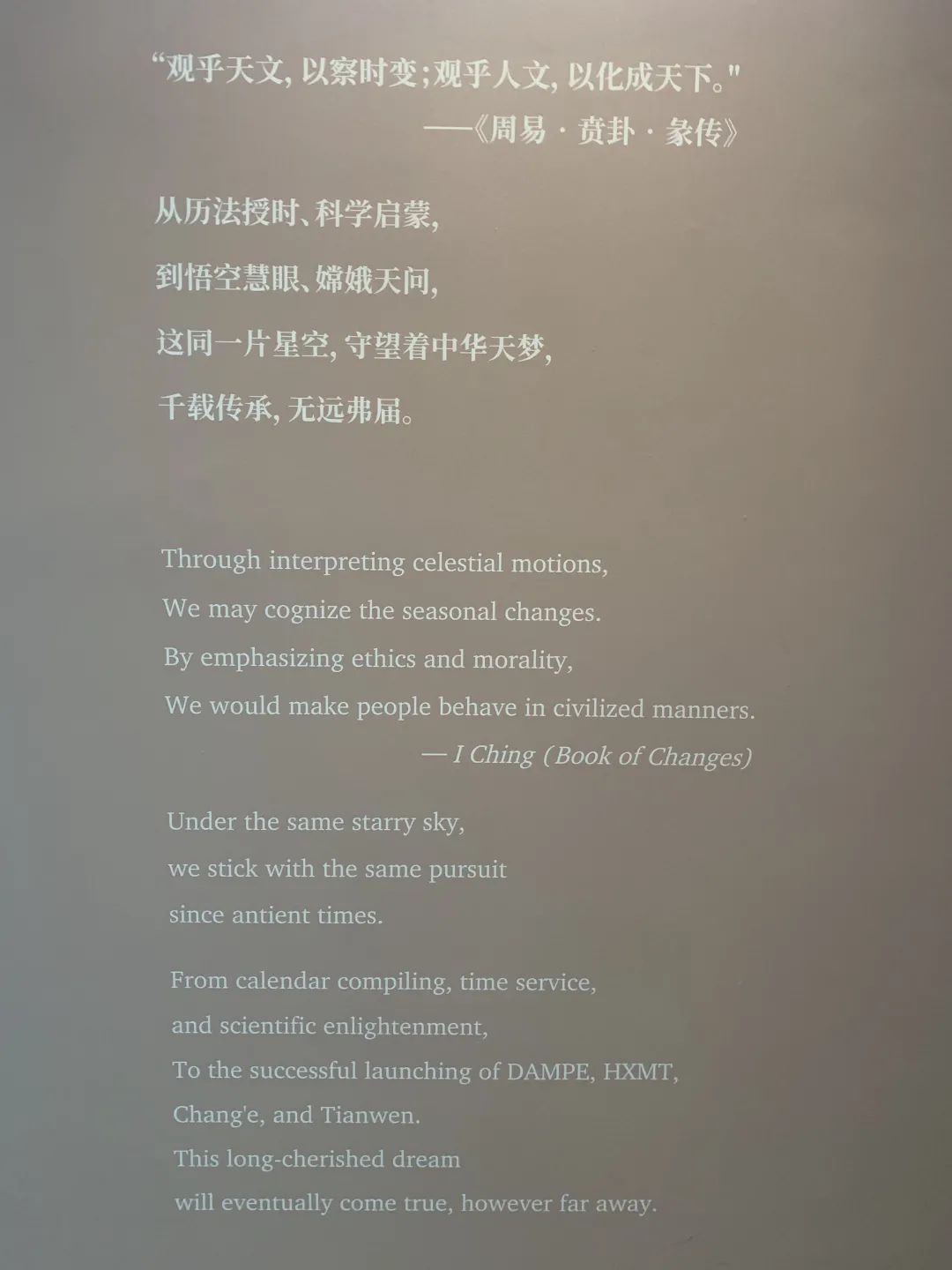


Ye Shuhua, female, famous astronomer. Born in Guangzhou, Guangdong. Graduated from the Mathematics Department of Sun Yat-sen University in 1949. In 1951, Ye Shuhua entered the Xujiahui Observatory of the Purple Mountain Observatory of the Chinese Academy of Sciences. In 1981, she served as director of the Shanghai Observatory of the Chinese Academy of Sciences (until 1993). In the same year, he was appointed Vice President of the International Union of Astronomical Observatories.



The dome theater is very popular in science, but I feel that children may not like it very much. When I watched it, there was a little boy in the front row crying loudly at the beginning. Maybe it was because the lights were turned off and it was dark, so he felt insecure. . .
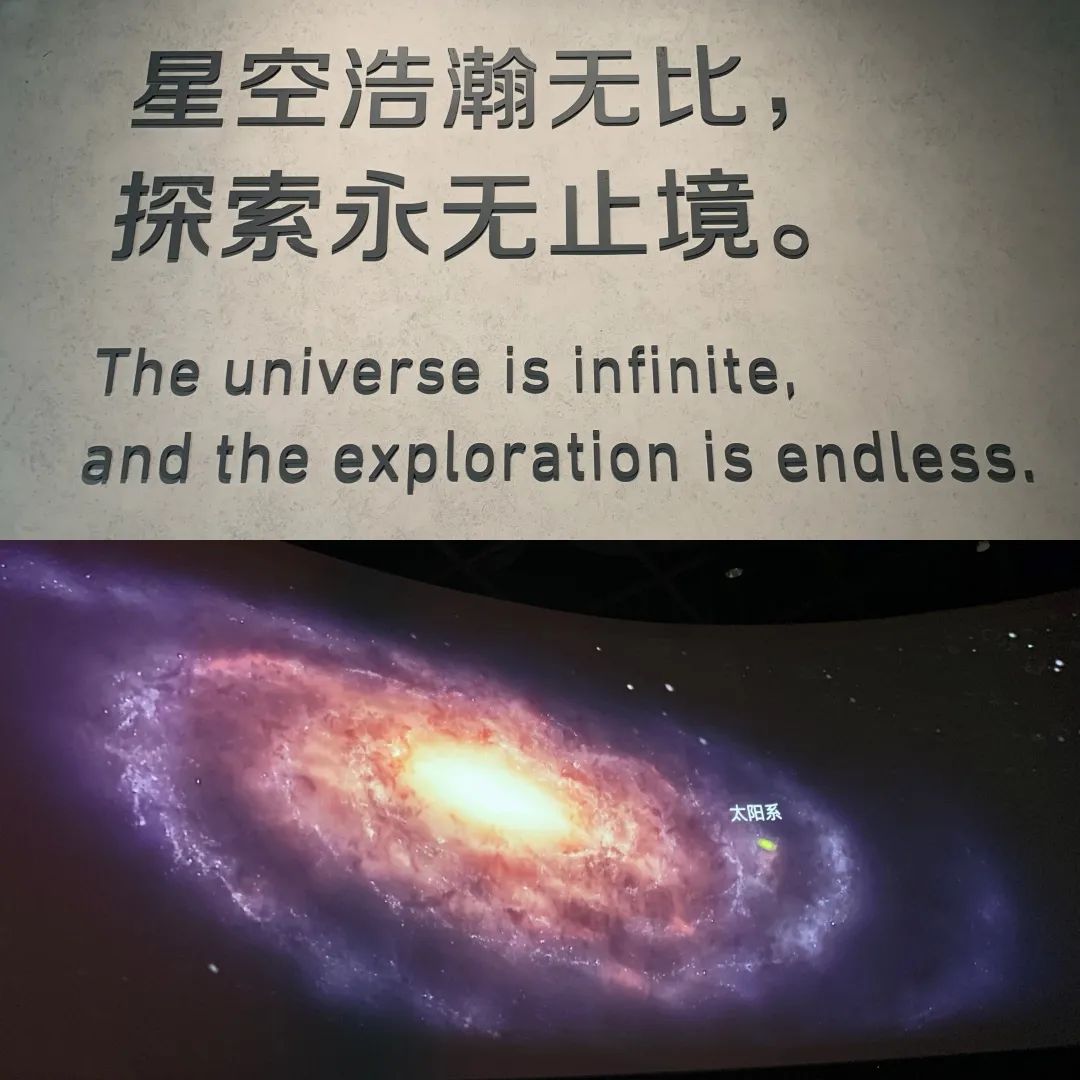
Tour tips: You can bring food and drinks in. If you bring a cup, you can drink directly. There is a restaurant on B1 that costs about RMB 70 or 80 per person.
The most important tip is to be sure! Be in advance! In the "Shanghai Planetarium" article - "Visit" - "Reservation" in the lower right corner, reservations are limited to the number of sessions and the number of people per day! The theater!
There is a theater called Across the Galaxy (only 12 shows per day, maximum 12 people per show). I didn’t see it, so I’ll have to go see it next time.
The planetarium is indeed quite big. You can spend a whole day exploring it, especially if you want to learn a lot about the universe and astronomy.
I saw a video about "Pale Blue Dot" in the corridor on the third floor. It was very touching and healing. After watching it, I felt more and more the insignificance of human beings in the vast universe. In the vast world, our happiness, joy and sadness may be It’s just a passing moment, everyone must cherish life and protect the earth❤
The following introduces the origin of the picture and excerpts a sentence written by Dr. Carl Sagan in the book
Pale Blue Dot / Pale Blue Dot
Swipe left or right to view more photos
On February 14, 1990, just as the Voyager 1 spacecraft had just completed its primary mission, NASA issued a directive instructing the spacecraft to look back to photograph the planets it had visited. NASA eventually compiled 60 photos from this action into a family portrait of the solar system. One of the photos just captured the Earth in the mirror. Earth appears as a tiny "pale blue dot" in the grainy image of this photo taken from 4 billion miles away (6.4 billion kilometers away).
This photo inspired the famous American astronomer Dr. Carl Edward Sagan to write "Pale Blue Dot"
That's here. That's home. That's us. On it everyone you love, everyone you know, everyone you ever heard of, every human being who ever was, lived out their lives. The aggregate of our joy and suffering, thousands of confident religions, ideologies, and economic doctrines, every hunter and forager, every hero and coward, every creator and destroyer of civilization, every king and peasant, every young couple in love, every mother and father, hopeful child, inventor and explorer, every teacher of morals , every corrupt politician, every “superstar,” every “supreme leader,” every saint and sinner in the history of our species lived there– on a mote of dust suspended in a sunbeam.
The Earth is a very small stage in a vast cosmic arena. Think of the rivers of blood spilled by all those generals and emperors so that in glory and triumph they could become the momentary masters of a fraction of a dot. Think of the endless cruelties visited by the inhabitants of one corner of this pixel on the scarcely distinguishable inhabitants of some other corner. How frequent their misunderstandings, how eager they are to kill one another, how fervent their hatreds.
Our posturings, our imagined self-importance, the delusion that we have some privileged position in the universe, are challenged by this point of pale light. Our planet is a lonely speck in the great enveloping cosmic dark. In our obscurity– in all this vastness– there is no hint that help will come from elsewhere to save us from ourselves.
The Earth is the only world known, so far, to harbor life. There is nowhere else, at least in the near future, to which our species could migrate. Visit, yes. Settle, not yet. Like it or not, for the moment, the Earth is where we make our stand. It has been said that astronomy is a humbling and character-building experience. There is perhaps no better demonstration of the folly of human conceits than this distant image of our tiny world. To me, it underscores our responsibility to deal more kindly with one another and to preserve and cherish the pale blue dot, the only home we've ever known.

It's right here. This is home. This is us. On it everyone you love, everyone you know, everyone you've ever heard of, every human being who ever was, lived out their lives. The combined joy and pain, thousands of self-righteous religions, ideologies, and economic doctrines, every hunter and forager, every hero and coward, every creator and destroyer of civilization. Every king and peasant, every young couple in love, every mother and father, hopeful child, inventor and explorer, every venerable teacher, every corrupt politician, every "superstar," every "supreme leader," every saint and criminal in the history of mankind, lived out their lives here - on a speck of dust suspended in a sunbeam.
In the vast theatre of the universe, the earth is only a tiny stage. Think of all those bloody slaughters by kings and generals, whose splendor and triumph made them the fleeting masters of a fraction of a point of light; think of the endless cruelties committed by the inhabitants of one corner of this pixel against the inhabitants of some other corner who are almost indistinguishable from each other; how many their misunderstandings, how eager they are to kill each other, how intense their hatreds.
Our moods, our fabricated self-importance, our illusion that we have some privileged place in the universe, are challenged by this pale point of light. Our planet is a lonely speck in the vast, all-embracing blackness of the universe. Because of our lowly position and the vastness of space, there is no hint that a savior will come from somewhere to save us from our situation.
Earth is the only world known to have life. At least in the near future, humans cannot move to another place. Visiting is possible, but settlement is not. Like it or not, for now, Earth is where we live.
It has been said that astronomy humbles one and builds character. There is probably no better way to reveal the folly of human arrogance than with this distant image of our tiny world. To me, it underscores our responsibility to treat one another more kindly and to protect and cherish this pale blue dot - the only bright spot we know of. A home.
(Teacher Dong Qing read this paragraph during World Book Day last year, but unfortunately I could not find the original audio. Friends who want to listen can search for "Dong Qing | Reading the poem "Dark Blue Dot" for you" on Station B.
Finally, use the picture below to echo the song "The Brightest Star in the Night Sky"
You are the brightest star in the galaxy⭐


